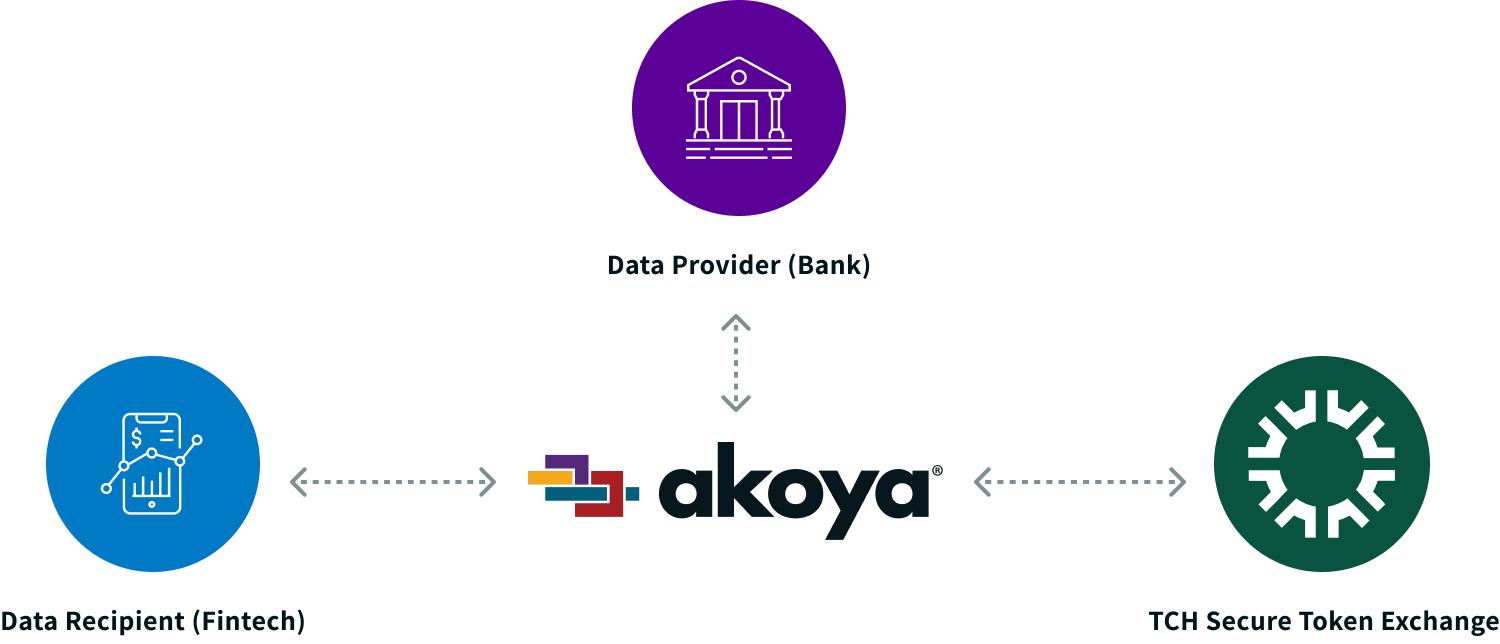
Navigating the Security Landscape: Cross-Chain Token Swaps
In the decentralized finance (DeFi) space, cross-chain token swaps have gained prominence as a mechanism to enhance liquidity and flexibility. However, the security of these transactions is paramount, prompting the implementation of secure cross-chain token swaps.
Understanding Cross-Chain Token Swaps
Cross-chain token swaps allow users to exchange tokens across different blockchain networks seamlessly. This functionality is a game-changer in the DeFi space, enabling interoperability between disparate blockchain ecosystems. However, with the increased complexity comes the necessity for robust security measures.
The Importance of Security in Cross-Chain Swaps
As cross-chain token swaps involve transactions across multiple blockchains, security considerations become more intricate. Ensuring the integrity of these transactions is crucial to prevent unauthorized access, mitigate risks, and build trust among users participating in cross-chain swaps.
Secure Protocols and Smart Contracts
The foundation of secure cross-chain token swaps lies in the protocols and smart contracts governing these transactions. Implementing secure protocols ensures that the exchange process is tamper-proof, while audited smart contracts contribute to the prevention of vulnerabilities that could be exploited by malicious actors.
Decentralized Oracles for Reliable Information
Cross-chain swaps heavily rely on accurate and timely information about token prices and availability on different blockchains. Decentralized oracles play a pivotal role in providing reliable data to smart contracts, reducing the risk of manipulation and ensuring that users receive fair value during the token swap process.
Liquidity Pools and Risk Mitigation
Liquidity pools are fundamental components of cross-chain token swaps. They provide the necessary reserves for the smooth execution of transactions. Implementing risk mitigation strategies within these pools, such as dynamic pricing algorithms and capital-efficient liquidity provision, contributes to the overall security of the cross-chain swap ecosystem.
User Authentication and Authorization
Securing user authentication and authorization processes is crucial for protecting users’ assets during cross-chain swaps. Multi-factor authentication, secure key management, and decentralized identity solutions enhance the overall security posture, preventing unauthorized access to users’ accounts and funds.
Transparent Governance and Audits
Platforms facilitating cross-chain token swaps should prioritize transparent governance structures. Clearly defined rules and procedures, coupled with regular audits of the smart contracts and protocols, contribute to a secure and trustworthy environment. Transparent governance fosters community trust and ensures that the platform operates with integrity.
Community Education on Security Best Practices
Educating the community about security best practices is a proactive approach to enhancing the security of cross-chain token swaps. Providing resources, tutorials, and guides on secure wallet management, transaction verification, and overall security awareness empowers users to actively participate while minimizing risks.
Exploring Secure Cross-Chain Token Swaps
For those venturing into the world of cross-chain token swaps, platforms like Secure Cross-Chain Token Swaps offer valuable insights and solutions. These platforms prioritize security measures, transparent governance, and user education, providing a secure environment for users to engage in cross-chain transactions.
The Future of DeFi Security
In conclusion, secure cross-chain token swaps represent a significant stride in the evolution of decentralized finance. As blockchain technology continues to mature, the emphasis on security, interoperability, and user education will play a pivotal role in shaping the future of cross-chain transactions. Platforms that prioritize these aspects are at the forefront of providing a secure and reliable cross-chain swap ecosystem.






















